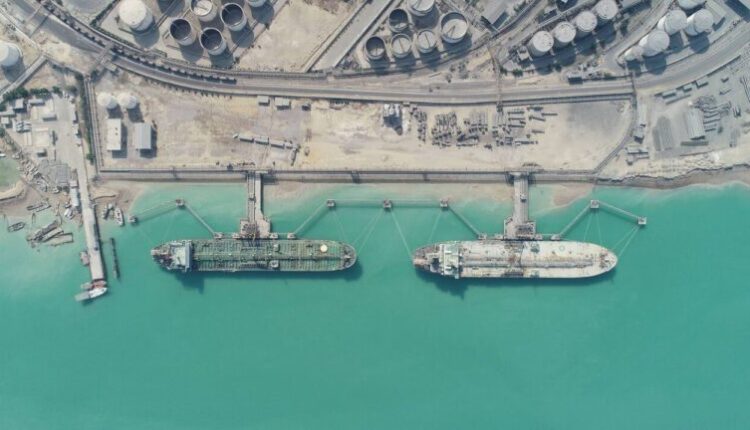Sea News – The Blue Revolution as a Vital Phase in the Maritime Transportation Industry The maritime revolution is recognized as a pivotal development in the global transportation industry. This transformation, driven by technological advancements, the need to meet international standards, and environmental changes, has created vast opportunities for countries with strategic ports, such as Iran. In recent decades, many nations have taken major steps to upgrade their maritime infrastructure and introduce innovations in shipping and maritime transport. Iran, in particular, with its strategic geographical location in the Strait of Hormuz and the Caspian Sea, has the potential to play a prominent role in the global maritime transportation industry.
Challenges and Opportunities in Iran’s Shipping Industry
Iran’s shipping industry faces numerous challenges, which also present new opportunities for growth and development. One of the most pressing challenges is infrastructural shortcomings that have kept many Iranian ports below international standards. The development of ports, modernization of the maritime fleet, and upgrading of port equipment should be prioritized. In this context, port improvement and development plans—especially in the area of green and modern vessels, which are seen as tools for competing in global markets—must be seriously pursued.
The aging fleet, structural and administrative issues, and international sanctions are additional barriers that require bold and transformative solutions. At the same time, Iran’s geographical position in the Strait of Hormuz and the Caspian Sea makes it one of the key global maritime trade hubs. This advantage enables Iran to become a major hub in global maritime trade, especially if it can effectively leverage its existing potential.
Revolution in Shipping: From Traditional Vessels to Electric Ships
One of the key transformations in the shipping industry is the move toward electric vessels. This technology, designed to reduce emissions and reliance on fossil fuels, could significantly impact the future of the maritime industry. New partnerships between Asian countries like Japan and Singapore and major maritime companies such as MOL in the field of electric ships are examples of this revolution in maritime transportation.
Electric ships, with their ability to reduce emissions—especially in environmentally sensitive marine areas—are considered an important step toward a more sustainable shipping industry.
Port Development and Global Market Competitiveness
Developing port infrastructure is another key priority for transforming Iran’s maritime sector. Given Iran’s geographical position and access to the Persian Gulf and the Sea of Oman, the country has the potential to become a major player in regional and global maritime trade. In particular, the development of ports in the Persian Gulf and the Sea of Oman could play a vital role in increasing the volume of regional and international trade exchanges. To achieve long-term goals in this field, improving infrastructure, enhancing capacity, and equipping ports with modern technologies are essential requirements.
Additionally, the adoption of green fuels and increased use of innovative technologies in ports could position Iran as a leader in sustainable resources within maritime transport. The use of green fuels in ships and ports is among the critical programs that should be prioritized.
Trust in the Private Sector for the Maritime Revolution
A prominent feature of Iran’s maritime revolution is the trust placed in the private sector as the main driving force behind this transformation. With its innovation and capabilities in various economic and industrial fields, the private sector can play a key role in fleet modernization, port infrastructure development, and the execution of large-scale projects. By creating favorable investment conditions and providing legal and financial support to the private sector, Iran can implement its major projects more efficiently and rapidly.
In this journey, expanding international cooperation, signing agreements, and forming partnerships with leading countries in the shipping industry—as well as drawing on global expertise—are essential steps that can help Iran quickly move toward its objectives.
Challenges and Future Strategies
Although Iran appears to be moving toward a maritime revolution, several challenges still lie ahead. International sanctions, lack of investment, and the need for modern technology are among these obstacles. To overcome these hurdles, Iran must take serious steps toward international collaboration—especially by signing agreements and forming strategic partnerships with advanced maritime nations—and make full use of global experiences.

